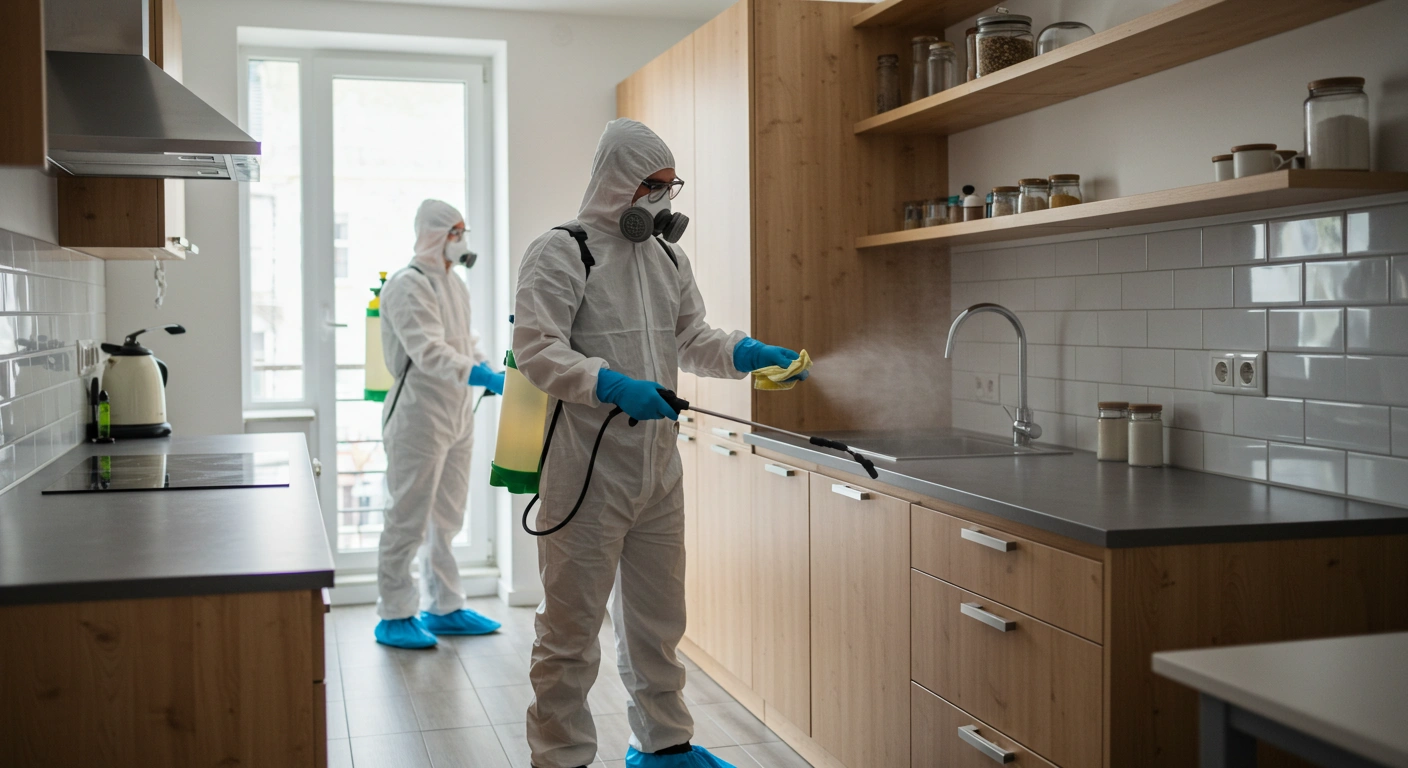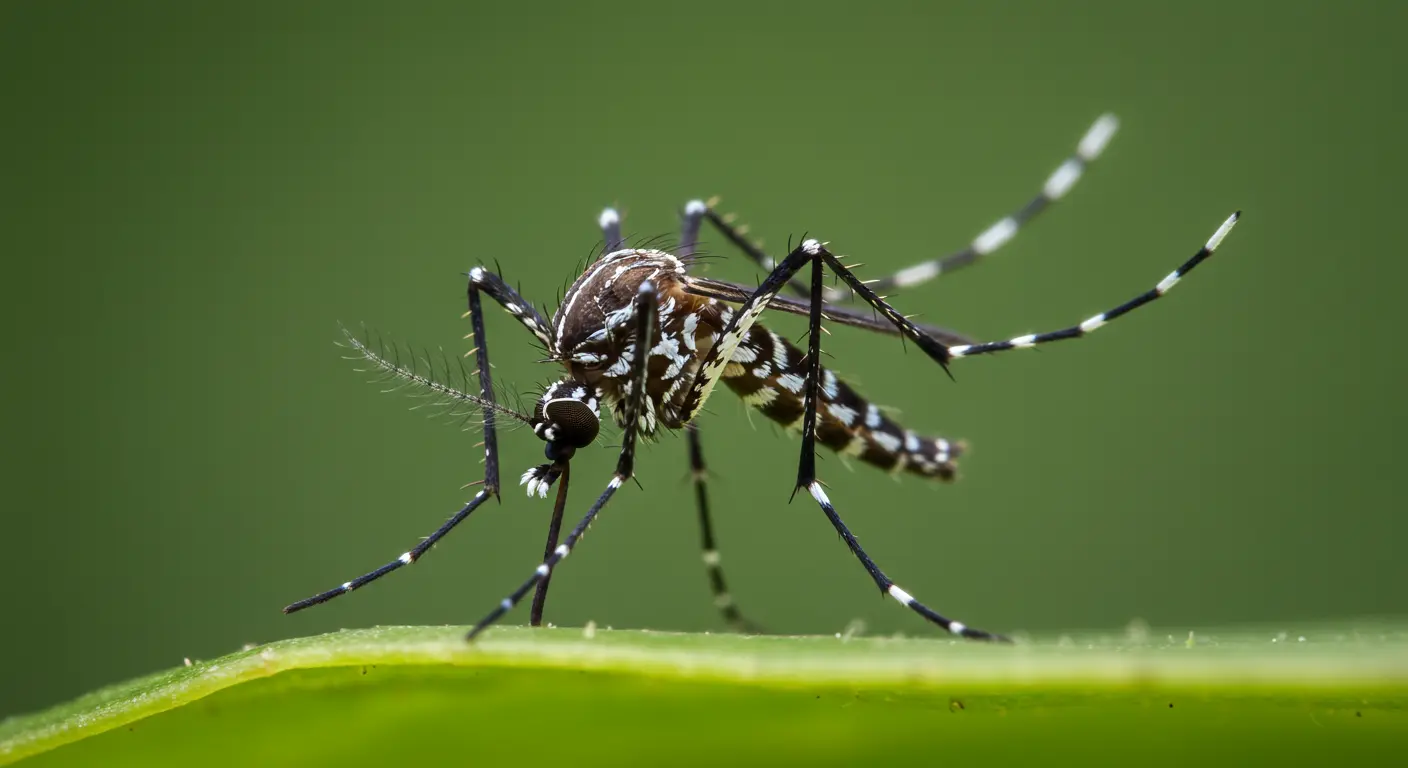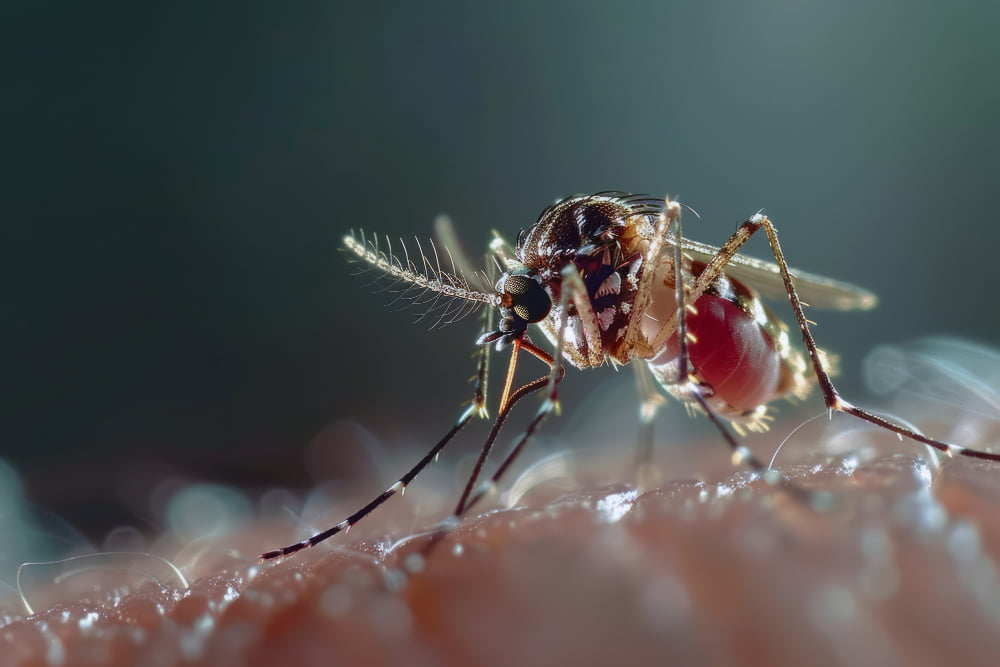If you’re dealing with a pest infestation in your home or business, you may be asking yourself, how fast does pest control work? It’s a common concern for homeowners who want to know when they can expect to see results after pest control treatments.
While the speed of results can vary depending on the type of pest, the treatment method, and the severity of the infestation, there are general expectations you can have. In this article, we’ll break down the factors that affect how fast pest control works and what you can expect after the treatment.

Factors That Affect How Fast Pest Control Works
Several factors play a role in determining how quickly pest control treatments begin to show results. Here’s what you need to consider:
1. Type of Pest
Different pests respond to treatments at varying speeds. For example:
✓ Ants and Cockroaches: Chemical treatments for ants or cockroaches usually take effect relatively quickly, often within a few hours. In some cases, you may begin to see dead pests almost immediately, especially if you are using baits or sprays. However, for ants, especially if they have a large nest or colony, it can take a bit longer to fully eradicate them.
✓ Rodents: For rodent control, you may notice results within a few days to a week after treatment, especially if traps or baits have been set. However, if there is a large rodent infestation, it may take longer for all the rodents to be captured or eliminated.
✓ Termites: Termite treatments take longer to work. If you’re using bait systems, it can take a few months for termites to be fully eradicated, as they need to consume the bait and carry it back to the colony. On the other hand, chemical treatments like liquid termiticides or fumigation can kill termites within 24 to 48 hours. However, you may still need follow-up inspections to ensure that the treatment was successful.
✓ Bed Bugs: Bed bug treatments are typically the most time-consuming. After the first treatment, you might not see immediate results because it takes time for the pesticides or heat treatments to kill all the bugs, particularly the eggs. It can take several days to weeks to completely eradicate a bed bug infestation, and often, follow-up treatments are required.
2. Severity of the Infestation
The severity of the infestation also impacts how quickly pest control works. If you’re dealing with a small, isolated pest problem, results can be seen relatively quickly. For example, treating a single ant mound or a few cockroaches might show results within a day or two.
However, for more severe or widespread infestations, such as with termites, bed bugs, or rodents, the treatment will take longer. These pests tend to hide in hard-to-reach areas, and multiple treatments or follow-ups might be required to fully eradicate the problem.
3. Treatment Method
The method of pest control used also determines how fast it works. There are several common pest control treatments:
✓ Chemical Treatments: Chemical pesticides, sprays, and baits are some of the most common pest control methods. These treatments are often fast-acting, and you may begin to notice results within a few hours to a day. However, for pests like termites, chemical treatments may require several days to weeks to work completely, especially if the infestation is large.
✓ Non-Chemical Treatments: Non-toxic methods, such as heat treatments for bed bugs or traps for rodents, take longer to show results. Heat treatments may take several hours to complete, and results are often visible within a few hours to a day after the treatment. Rodent traps can take anywhere from a few days to a week to fully eliminate the rodents, depending on the infestation size.
✓ Integrated Pest Management (IPM): IPM is a holistic approach that combines various techniques, including chemical and non-chemical treatments, along with preventative measures. IPM tends to work gradually and may take several weeks to show significant results.
4. Environmental Factors
The environment in which the pest control treatment is applied also plays a role in how fast it works. If your home or business is located in a humid or highly infested area, pests may return or re-enter quickly, which can delay the overall effectiveness of the treatment.
Regular maintenance and follow-up treatments may be necessary to maintain a pest-free environment.
What to Expect After Pest Control Treatment
After pest control treatment, it’s important to remember that results won’t be immediate for every type of pest. Here’s what you can expect:
✓ Immediate Results: For pests like ants, cockroaches, or fleas, you may start seeing dead pests almost immediately. However, full elimination may take a few days or weeks, especially for ants and rodents.
✓ Gradual Results: For more stubborn pests, such as termites, bed bugs, and rodents, results will be more gradual. Expect multiple treatments and monitoring for complete eradication.
✓ Follow-Up Treatments: After the initial treatment, pest control companies may schedule follow-up visits to ensure that the problem has been fully addressed. For some pests, like bed bugs or termites, multiple visits are required.
How to Ensure Fast and Effective Pest Control
To ensure that your pest control treatment works as efficiently as possible:
✓ Follow Instructions: Always follow the advice given by your pest control provider, whether it’s staying out of treated areas or allowing chemicals to dry before re-entering.
✓ Seal Entry Points: After treatment, seal any gaps, cracks, or holes around your home to prevent pests from re-entering.
✓ Maintain Cleanliness: Keep your home clean, especially in kitchens and bathrooms, to minimise food sources that may attract pests.
Conclusion
In summary, how fast does pest control work depends on the type of pest, the severity of the infestation, and the treatment method used. While chemical treatments for ants or cockroaches can show immediate results, more stubborn pests, like termites and bed bugs, require longer treatment times.
If you have a severe infestation, follow-up visits may be necessary to ensure the problem is fully eliminated. With the right approach and professional pest control help, you can effectively manage and control pest problems in your home.





